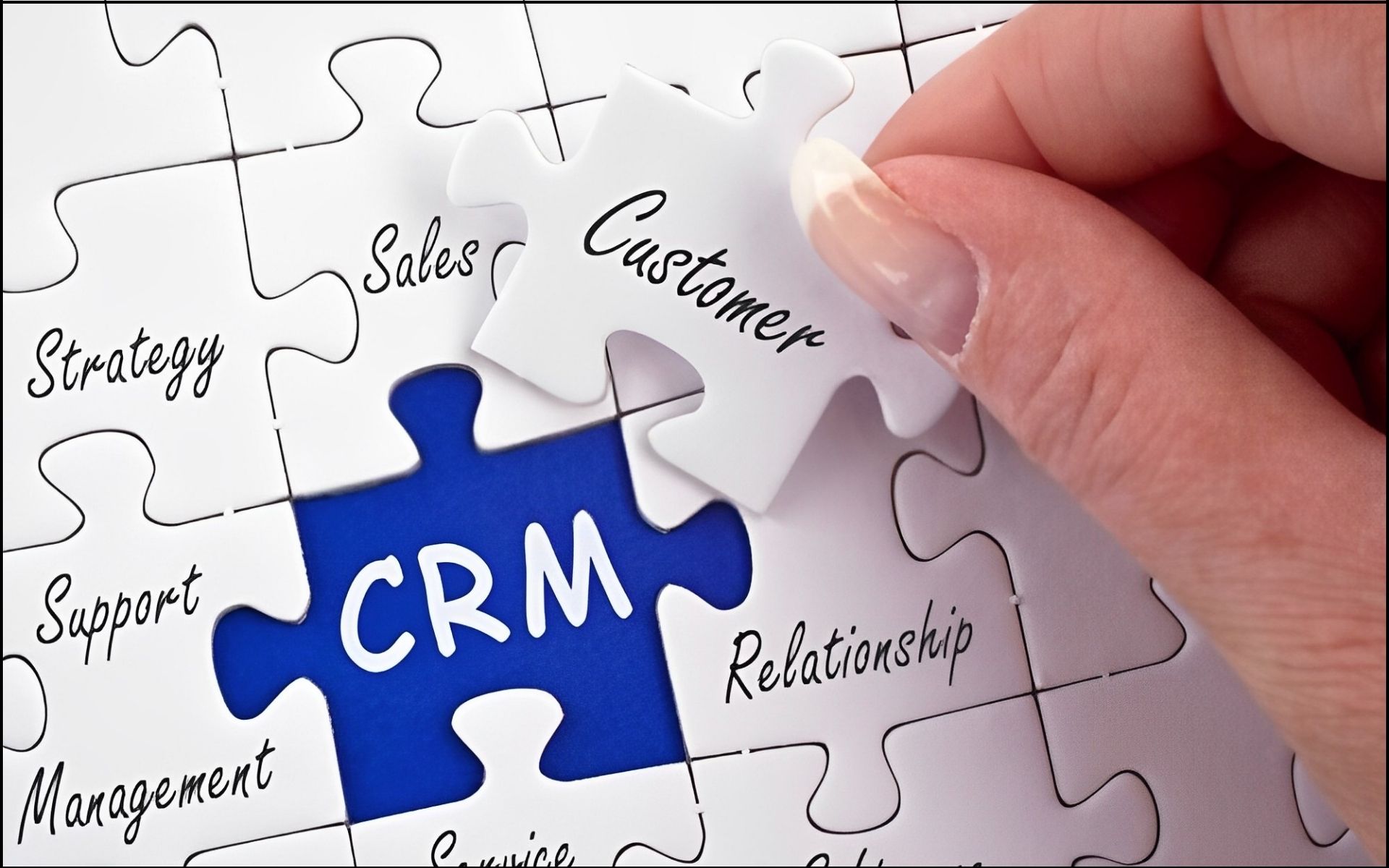A lot of people know that customer relationship management (CRM) is the backbone of any successful business. Not only that but it is also considered the glue that holds together the interactions between a company and its customers, which helps out organizations in creating a seamless and personalized experience for those that are availing of their services or products.
This is why in today’s digital age, having a good CRM system in place is essential for staying ahead of your competition. However, you have to keep in mind that there are so many different options available, which makes the entire planning process overwhelming as you wouldn’t know where to start.
The good thing is that we are here to guide you. In this article, we are going to explore how businesses of all sizes can implement good CRM systems so that they could take their customer engagement to the next level!
But before we talk about anything else, you need to know what CRM is.
So basically, Customer Relationship Management (CRM) is a strategy that companies all over the globe use in order to manage their interactions with their customers and potential customers. The goal of CRM systems is to improve customer satisfaction, increase customer loyalty, and drive sales growth.
CRM involves using technology and planning to organize, automate, and synchronize sales, marketing, customer service, and technical support processes. This helps companies to keep track of customer interactions and data throughout the customer lifecycle, from initial contact through to post-sales support.
By using CRM, companies can gain a better understanding of their customer’s needs and preferences, allowing them to tailor their interactions and offerings accordingly. In return, companies tend to get stronger, have more meaningful relationships with customers, and can offer a more positive customer experience overall.
Customer Relationship Management (CRM) can provide numerous benefits to businesses, which includes improving their overall customer satisfaction, sales, and growth.
With a centralized repository of customer data, companies and organizations can gain a comprehensive understanding of their customers, which allows them to provide a personalized and relevant customer experience. This then leads to improved customer satisfaction, increased sales, and stronger customer relationships, which can benefit them in a huge way. Not only that but CRM systems can help out companies in automating a lot of processes and streamline workflows, which can reduce manual effort and minimize errors. This can free up time for other important tasks that could help the company grow.
Lastly, the data that’s collected through CRM systems can also be analyzed to gain insights into customer behavior, preferences, and needs, which can improve marketing and sales strategies. By providing these benefits, a good CRM system can help companies to increase customer loyalty, drive growth, and stay ahead of the competition in today’s marketplace.
In order to implement a good CRM system, businesses must take a comprehensive and strategic approach. From defining clear goals and evaluating business needs to researching available solutions and monitoring performance, there are several key steps that businesses must take to ensure a successful CRM implementation.
By following these 8 steps that we have listed below, businesses of all sizes can choose the right CRM systems for their needs, migrate data efficiently, train users effectively, and monitor performance to make ongoing improvements. With a good CRM system in place, businesses can improve customer satisfaction, increase sales, and drive growth, leading to a more competitive and successful organization.
Here are some of the many things that businesses can do so they can implement good CRM systems:
Define Your CRM Goals
Before choosing a CRM system, it is necessary for businesses to properly understand what they are hoping to achieve with it. This could include improving customer satisfaction, streamlining sales processes, or gaining insights into customer behavior. Having clear goals in place will help you choose the right CRM systems and ensure that it meets your business needs.
Evaluate Your Business Needs
Determining which CRM features are one of the most important things that you need to do when you’re trying to implement them. For example, you may require sales automation, marketing automation, or customer service management. By evaluating your business needs, you can help yourself in choosing a CRM system that is best suited to your specific requirements. This can help you out a lot in maximizing the benefits that it offers.
Research Available CRM Solutions
It is necessary to look at CRM solutions that are already inavailable the market and take inspiration from them. Try to find CRM systems that have been specifically designed for your industry and are offering the features and functionalities you need. If possible, consider both cloud-based and on-premise solutions, as each has its own advantages and disadvantages. Not only that but it is important to read reviews and case studies, and speak to other businesses to find out what has worked well for them.
Evaluate Costs And Scalability
Not only are all those things, but it is necessary to choose something that is affordable and falls right under the allocated budget that you have for it.
Try going with a CRM system that fits within your budget. Also, consider its scalability so that you can accommodate future growth. Remember, you do not want to choose a CRM system that will be too expensive to upgrade or scale as your business grows in the future. It is necessary to go with something that you can handle right now and improve or expand once you start to benefit from it.
Set Up A Dedicated Implementation Team
Along with all those things, it is important for businesses to have a dedicated implementation team that you can hire from the Best Software Development Company. It should include representatives from different departments so that they can help ensure a smooth and successful CRM implementation process. Please do keep in mind that this team should be responsible for project planning, data migration, training, and support.
Plan For Data Migration
Properly utilizing the data that you currently have is a must, which is why try to ensure that all relevant customer data is transferred to the new CRM system and that it is properly organized and up-to-date. This entire process could involve cleaning up duplicates or outdated data or integrating data from other systems, such as your email or accounting software.
Train Users
Along with all those things, it is also necessary to provide training and support to all the users, so that they can effectively use the new CRM system and take full advantage of its features. This could involve online training, in-person training, or a combination of both. Make sure that you have a clear plan in place for user adoption and that you have identified a champion or champion team that will be providing ongoing support for your users so that everything can run efficiently and smoothly
Monitor Performance
After implementing something, businesses should regularly monitor the performance of CRM systems, identify areas for improvement, and make any necessary adjustments to ensure that it continues to meet your business needs. This could involve tracking key metrics, such as sales conversions, customer satisfaction, and user adoption. They could use this information to make ongoing improvements, which could benefit their business in multiple aspects, especially in increasing sales and keeping them engaged.
To implement a successful CRM system, businesses should follow the things that we listed above. By doing so, businesses can improve customer satisfaction, increase sales, and drive growth, which can lead to a more competitive and successful organization. It is important to keep in mind that a good CRM system is a valuable investment that can streamline sales and customer service processes, providing valuable insights and helping businesses stay ahead in their market and against their competition.











